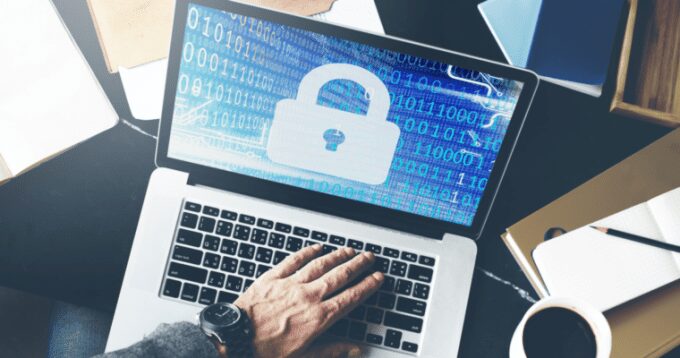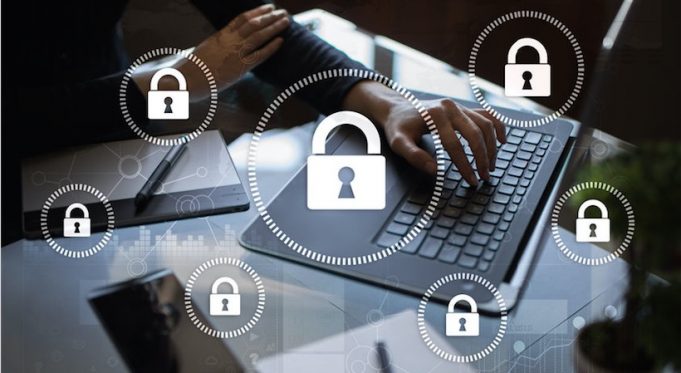A website’s ranking – and thus success – revolves around SEO, but designers and marketers tend to concentrate on a narrow portion. Search engine optimization relies on many factors, however, and many of them aren’t known. At this point, everyone’s mostly making educated guesses about how search engines rank content.
But there is one thing that’s for certain:
Website security, or cybersecurity, is an essential factor and for a good reason. SEO Spam infections were the most common threat for websites in 2019, according to Sucuri’s Website Threat Research Report. This leads to spamdexing malware in an attempt to manipulate search engine rankings, which negatively impacts a website’s SEO ranking.
So it makes sense that search engines would be prioritizing security as a page ranking element. Traditionally, site security and SEO have been considered two separate things, but they do intertwine. Here’s a more in-depth look at why security is important for a website’s ranking and how it works.
Website Security From a Regulatory Perspective

Despite an increase in attacks and the resulting strain on the business, according to BigDrop, many websites have yet to fully embrace cybersecurity. Regulatory bodies are now starting to mitigate the impact of attacks by forcing websites to comply with new laws. The GDPR and CCPA are good examples of this, and these new regulations are paving the way for more stringent measures.
For their part, websites will have to comply with regulatory requirements or get left in the dust; either via a lack of visits or customer support as people become more aware of privacy or fines.
From an SEO perspective, Google has rolled out numerous updates since these policies were instated. That means the GDPR and other regulations could have become a factor in their decision making and now affect ranking. Even if it isn’t a significant factor yet, it could (and very likely will) be soon.
Search Engines Protecting Their Interests

Search engines like Google and Bing are constantly working to improve their offerings and page ranking systems. So, naturally, as cybercrimes are on the rise and people become more privacy-aware, search engines are taking notice and their SERPs reflect that.
Up until now, “SSL certificate” has been the buzz term for website security and SEO. But switching to HTTPS is only one small part of it. While there are no official clues, besides HTTPS, security most certainly forms part of search engines’ considerations.
The same SEO rules still apply, but poor website security can be detrimental to all other SEO efforts. Hackers could find a backdoor to the server and hijack its resources, slowing down page load speeds, which affects the page ranking.
They could get administrative access through an SQL injection and wreak all sorts of havoc. One potential outcome is them duplicating the site to capitalize on its popularity or to create link farms. And as most people know, duplicate content and link farming are both big SEO taboos.
Another significant threat to websites that have been compromised is the danger of website defacement to spread spam or malware. While being blacklisted by Google is an immediate threat, a longer-lasting effect could be a change in how the website appears on the SERP.
Customer Trust Erosion

Not only will lower SERP rankings (influenced by cybersecurity issues) negatively affect page visitations, but browser warnings are another issue. Google provides a warning to visitors before entering a website that doesn’t have an SSL certificate, for instance.
Some people might ignore that and go ahead, but a first-time visitor will likely backtrack and close the tab. Even if someone continues on anyway, they now have that warning in the back of their mind and might not stay long. This will negatively affect an SEO score of the page as well since it receives fewer visits and people are rapidly clicking away. See how quickly this issue snowballs?
Taking on Cybersecurity for an Improved SEO Score

As is evident from the examples above, while there is no official direct link between website security and page ranking, it is still essential. Though the threat of website attacks can be alarming, there are ways for website owners to protect their sites against these threats. The key is to make website security a part of the SEO discussion and to employ cybersecurity tools and best practices.
Here are a couple of things website owners can do:
- Observe page traffic: If bad bots and suspicious site visitors are crawling the website, then the log files will be a good indicator of that. Normal search engine bots shouldn’t exceed a couple of megabytes per month.
- Update WordPress Plugins: WordPress websites rely on many plugins, all of which create potential vulnerabilities. Hackers are always on the lookout for plugin exploits to get access to WordPress sites. Keep track of the plugins being used and update or replace them as needed. Also, make sure to use security plugins too.
- Use a VPN: VPN technology helps determine organic rankings anywhere globally, which is why many marketers use it. But, VPNs also help with network security. Go ahead and Google “what is my IP”. That result is public knowledge, and like it, hackers can find a great many things about the website and its admins. Since VPNs encrypt network traffic, they keep outsiders from finding a way into system resources via vulnerable network connections.
- Invest in monitoring software: Be aware of what is going on with the website at all times. There are software solutions that can help keep track of the servers, applications and notify admins of any suspicious behavior.
- Get an SSL certificate: This is an obvious one but still needs to be listed due to its prominence in SEO rankings. Getting an SSL certificate isn’t just a way to improve SEO and gain customer trust, it also protects visitors and the website, which makes it fully worthwhile.
Final Thoughts

SEO is and likely always will be a continually shifting space where websites try their best to keep up. The key is not to do everything right because with so much speculation involved, that’s impossible. But it is necessary to do as many “right” things as possible, which includes focusing on website security and marketing.









